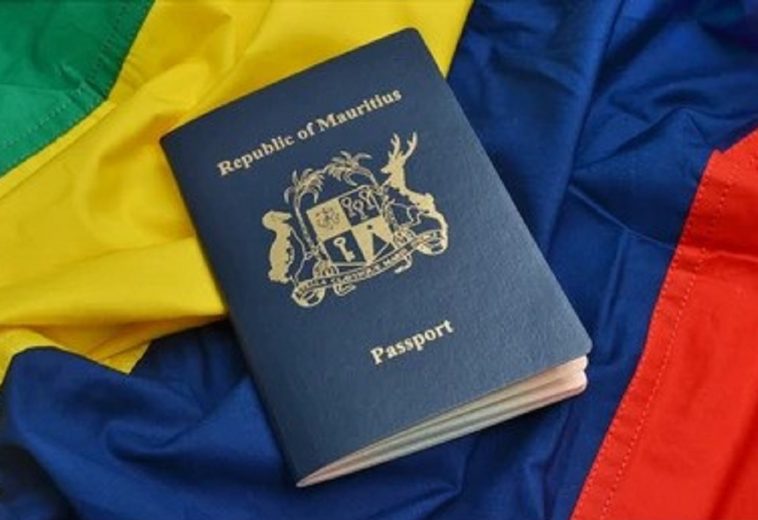As South Sudan approaches its first national elections since independence in 2011, concerns about its readiness have mounted. The international community, particularly the United Nations, has highlighted several obstacles that could undermine the credibility of the elections scheduled for December 2024.
One of the primary concerns revolves around the state of South Sudan’s electoral infrastructure. While important steps have been taken, such as the passage of the Elections Act and the reconstitution of the Electoral and Political Parties Commissions, these remain largely symbolic without full implementation.
A statement by the UK representative to the UN noted that, with less than a few months to go, essential preparations such as voter registration, training for election officials, and a proper resourcing of the electoral bodies have yet to be finalised. This has raised alarms over the country’s ability to conduct free and fair elections within the given timeframe.
Briefing the 15-nation organ, Nicholas Haysom, Special Representative of the Secretary-General and Head of the United Nations Mission in South Sudan (UNMISS), said that with only 11 months remaining, the pace of overall implementation of the Revitalised Peace Agreement towards the December 2024 elections has been uneven. The transitional security arrangements are significantly behind schedule, and the permanent constitution-making process is now 15 months behind the timeline set out in the road map and the peace agreement.
The Chair of the Security Council Committee on South Sudan, Michel Xavier Biang, briefed the Council on the Committee’s work in 2023. During a visit in October, Biang and his delegation met with various stakeholders, including South Sudanese government and parliament officials, UNMISS leadership, diplomatic corps, and civil society representatives. The discussions centred on the arms embargo and the implementation of key benchmarks established by resolution 2577 (2021), as well as progress in implementing the Revitalised Peace Agreement. The Committee has received four exemption requests for travel ban and asset freeze measures since January 2023, with three of them being granted.
The political and civic space in South Sudan is a significant concern ahead of the elections. For the process to be considered credible, political parties, civil society organisations, and voters must be able to freely express their opinions and participate without fear of intimidation or reprisal. Unfortunately, the current environment is precarious, with opposition parties facing limited opportunities for participation and dissenting voices being silenced through intimidation tactics.
Security Concerns: A Walk in the Shadow
The ongoing security situation in South Sudan remains a significant obstacle to a peaceful electoral process. The country is still struggling with internal conflicts, particularly in areas such as Upper Nile and Warrap State, where intercommunal violence persists.
According to the United Nations Office for the Coordination of Humanitarian Affairs, in the first half of 2024, 7.1 million people in South Sudan faced severe food insecurity, a 20% increase from the same period in 2023. The situation has further exacerbated by a sharp rise in food prices, with the cost of sorghum in markets increasing by a staggering 95% from January to June.
The conflict in neighbouring Sudan has also had a destabilising effect on the region, with over 800,000, according to the United Nations, Sudanese refugees fleeing to South Sudan since the outbreak of conflict, placing a significant strain on resources and exacerbating the already precarious security situation.
The delayed deployment of a unified national army, a key component of the revitalised peace agreement, has further deepened concerns about the country’s ability to ensure security during the elections. UN observers have consistently called on South Sudan’s leadership to accelerate the deployment of forces and resolve security arrangements ahead of the elections.
Humanitarian Crisis
The country is facing a severe humanitarian crisis, which is exacerbating the challenges surrounding the electoral process. The country is grappling with extreme food insecurity, driven by conflict, climate change, and underdevelopment, which has left millions of citizens at risk of acute food shortages.
The humanitarian crisis also hampers the logistical aspects of the elections, particularly in remote areas where poor infrastructure and a lack of basic services make it difficult to conduct voter education and registration without external assistance. The dire humanitarian situation directly impacts the ability to hold inclusive and representative elections that truly reflect the voices of all South Sudanese citizens.
Horse Race Against Time
With the elections fast approaching, the window for addressing these critical issues is closing. International bodies and experts have repeatedly called for accelerated action to implement the necessary reforms and improve the security situation. However, as of now, many fear that time is running out.
Despite the government’s pledge to hold elections as scheduled, the likelihood of a credible election is growing increasingly uncertain. The international community is urging the government to stick to the timeline outlined in the Revitalised Peace Agreement, which stipulates that elections must conclude the country’s transitional period and pave the way for sustainable peace and development.
As South Sudan approaches the December 2024 elections, the country is facing a daunting set of challenges. The electoral process is incomplete, violence is ongoing, and a severe humanitarian crisis is unfolding, all of which threaten to undermine the integrity of the election. Despite international support, urgent action must be taken to address these issues. If not, the country’s elections may fail to deliver the expected stability and instead exacerbate existing problems. The question of whether South Sudan can overcome these hurdles in time remains a critical one for its future.




